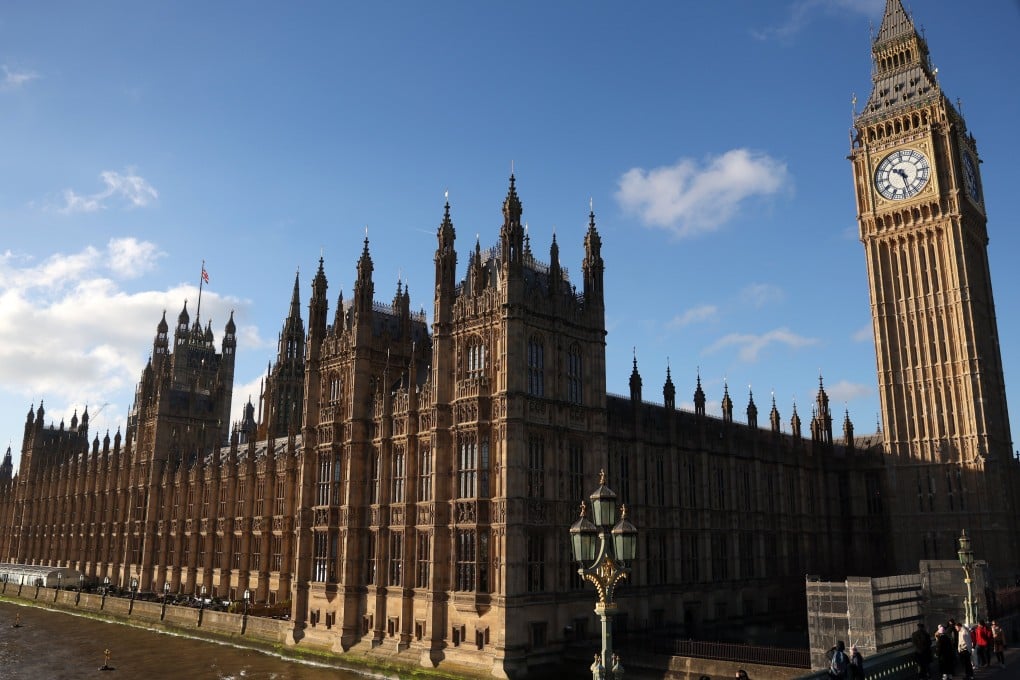‘Avoid these negative examples’: legal experts say overseas national security laws referenced for Hong Kong’s Article 23 are ‘overbroad’
- Consultation paper on city’s coming legislation cites 22 national security-related laws in different countries
- ‘There are questions about how effective, reasonable, and fair the overseas laws cited may themselves be,’ Singapore political scientist Chong Ja Ian says

Certain overseas national security-related laws referenced by the Hong Kong government in a proposal for the city’s Article 23 legislation are considered “overbroad” and “excessive” in their home countries, legal and political science experts have warned, saying authorities should avoid these “negative examples”.
The scholars said that while “legislative borrowing” was a common practice, it was important to have independent courts that served as gatekeepers to ensure individuals accused of national security crimes were treated fairly, as evident in some foreign jurisdictions.
The government released a 110-page consultation paper on Tuesday for its second bid in 21 years to legislate Article 23 of the Basic Law, the city’s mini-constitution, focusing on five targeted activities.

In the proposal for the Hong Kong’s domestic national security law, authorities suggested putting five types of new crimes on the books and making 14 changes to existing laws, which city leader John Lee Ka-chiu said would be based on references to other countries, but would not directly copy them.
He added many jurisdictions had their own legislation based on security needs, pointing to the United States, the United Kingdom, Canada and Singapore, which had 21, 14, nine and six such laws, respectively.
The Post took a closer look at the consultation paper, which made references to 22 national security-related laws in different countries throughout its nine chapters.
In a chapter on sabotage-related crimes, Hong Kong authorities cited the UK’s Computer Misuse Act of 1990 when explaining the need to create a new offence to target acts related to a computer or electronic system without lawful authority and that could endanger national security.
